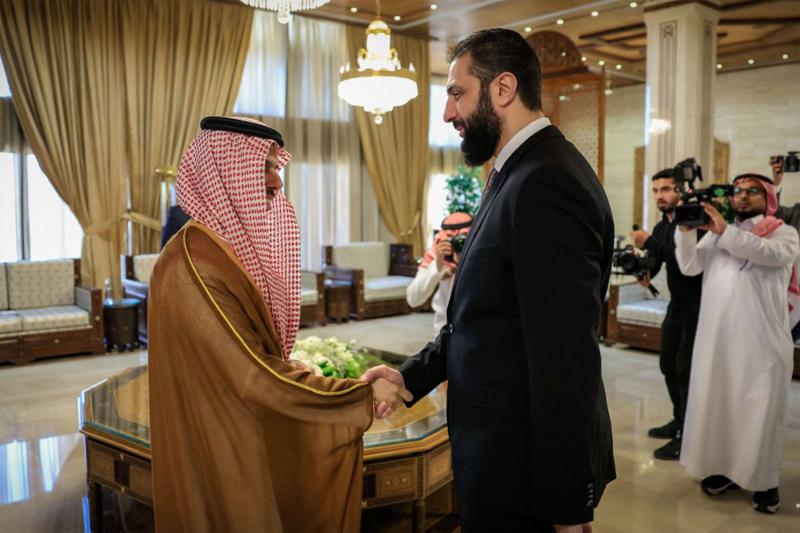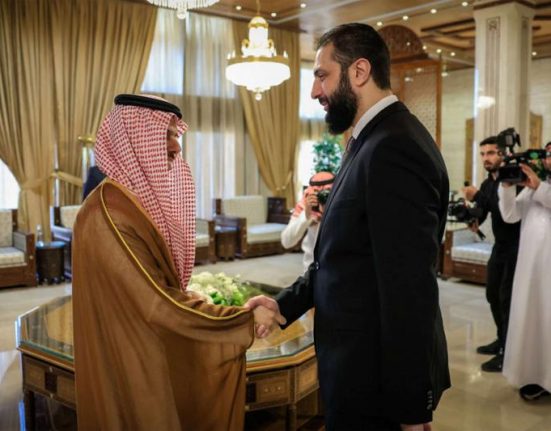In a significant diplomatic and humanitarian gesture, the Kingdom of Saudi Arabia and the State of Qatar have jointly committed to providing temporary financial assistance to civil servants under the Syrian government. The initiative, which will span an initial period of three months, was announced by Saudi Arabia’s Minister of Foreign Affairs, Prince Faisal bin Farhan, during a high-level engagement on regional cooperation.
According to the Saudi top diplomat, the financial package is aimed at alleviating the economic hardship currently faced by government-employed workers in Syria, many of whom have been caught in the midst of the country’s prolonged civil conflict and a spiralling economic crisis. Prince Faisal noted that the support will be disbursed in coordination with international agencies and regional stakeholders to ensure transparency and targeted impact.
This move signals a shift in engagement dynamics in the Middle East, particularly as Saudi Arabia and Qatar, two key Gulf powers, continue to explore strategic ways to stabilise Syria after over a decade of war. Both nations had previously distanced themselves from direct involvement in Syrian government affairs due to geopolitical differences and longstanding tensions surrounding the Assad administration. However, this financial lifeline appears to be part of a broader Gulf-led approach to cautiously reintegrate Syria into Arab diplomatic channels.
Sources within the Gulf Cooperation Council (GCC) suggest that the joint Saudi-Qatari initiative may also be a test case for more structured economic interventions in Syria, provided that the funds are not diverted for political or military ends. analysts view this as a calculated humanitarian overture that also aligns with the recent wave of Arab League efforts to bring Syria back into the fold of regional diplomacy.
Syrian state employees, particularly those in essential sectors like education, healthcare, and civil administration, have reportedly gone months without consistent wages due to hyperinflation and the decaying economic structure of the country. This financial assistance is expected to ease the burden on thousands of families dependent on public sector income.
While exact figures for the financial commitment have not been made public, insiders confirm that disbursements are set to begin within weeks, subject to logistical arrangements and security guarantees on the ground in Syria. Monitoring bodies will be involved to ensure that the support reaches intended beneficiaries without interference.
Observers believe that this initiative could signal a new phase of Gulf engagement in the Levant region—one that combines soft power, economic diplomacy, and humanitarian outreach. Whether this leads to deeper cooperation or remains a one-off relief measure will depend on the evolving political landscape in Syria and the responses of other regional and international actors.
For now, the joint gesture by Riyadh and Doha represents a noteworthy development in Middle East diplomacy—one that speaks to the shifting priorities of Gulf nations as they balance regional influence with humanitarian responsibilities.

